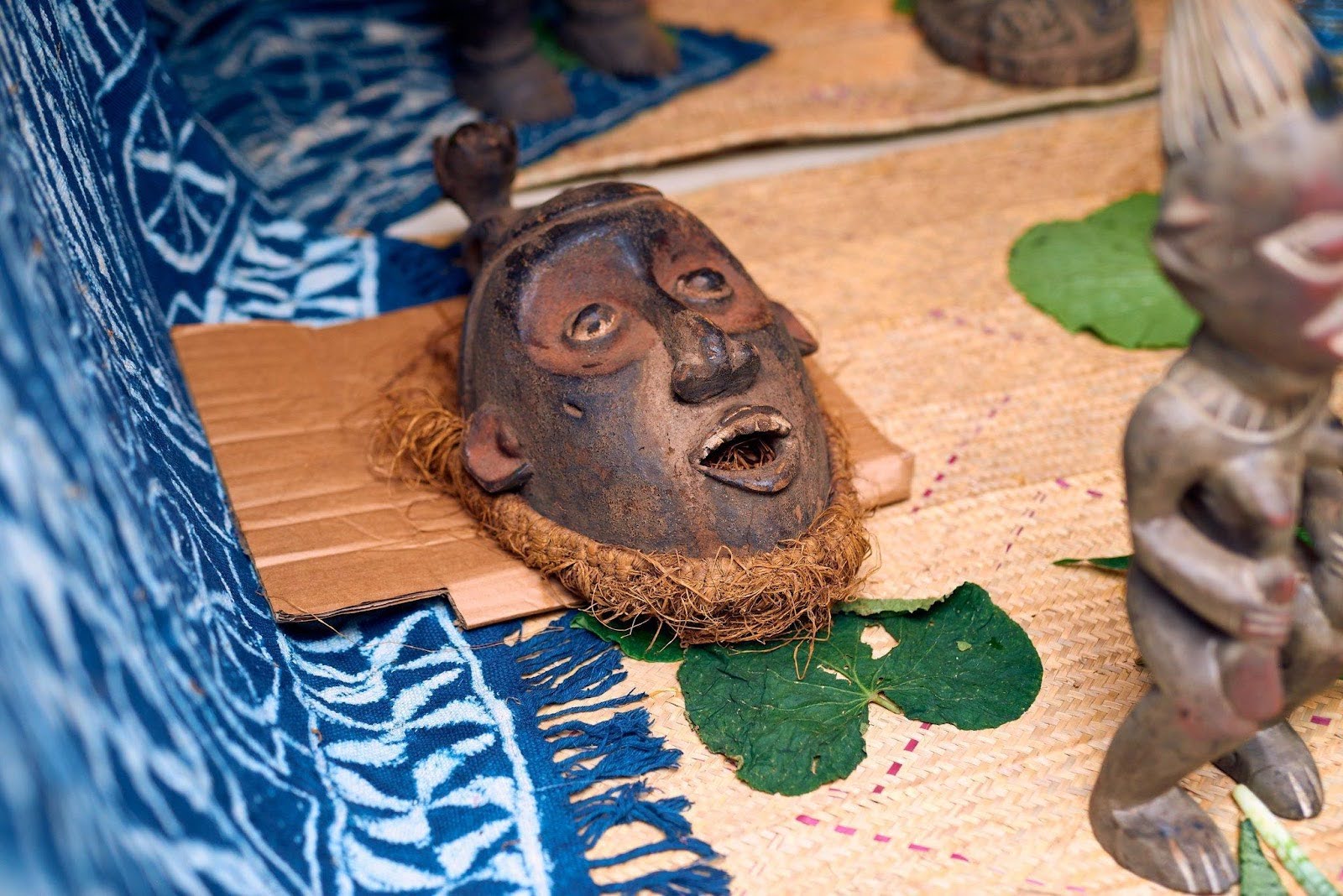
The ongoing negotiations in Munich between Cameroon and Germany mark a pivotal moment in the restitution of more than 40,000 cultural objects looted during the colonial era.
These talks, described by Yvette Mbassi B., special correspondent in Munich, seek to define the framework and legal processes for returning these invaluable artifacts, yet significant legal and procedural uncertainties remain.
The discussions have revealed intricate challenges arising from the division of authority between Germany’s federal states and the federal government.
“We are considering a three-tiered restitution,” explained Hugues Heumen, director of the National Museum of Cameroon.
The focus centers on establishing clear modalities for the return of items and developing precise documentation tools to manage this vast cultural repatriation.
A key locus for many of these artifacts is Munich’s Museum of Five Continents, which houses a large collection of Cameroonian objects from the colonial period.
These items have become a focal point in the evolving cultural dialogue between the two nations.
From the German side, Dr. Uta Werlich emphasized the administrative complexities involved in cataloguing and verifying the provenance of the looted property.
“Therefore, it is necessary to take into account the perspective of the place of origin,” she said, underscoring the importance of respecting the cultural heritage of the objects’ homeland.
Cameroon’s National Archives of Minac plays a vital role in identifying and documenting the claimed artifacts, providing a technical foundation crucial to advancing the restitution process. This collaboration reflects a shared commitment to addressing a difficult historical legacy with care and respect.
As the Munich negotiations continue, the question remains: will the two parties reach an agreement that satisfies Cameroon’s demands for justice and cultural restoration? The outcome will set an important precedent for future restitution efforts worldwide.



